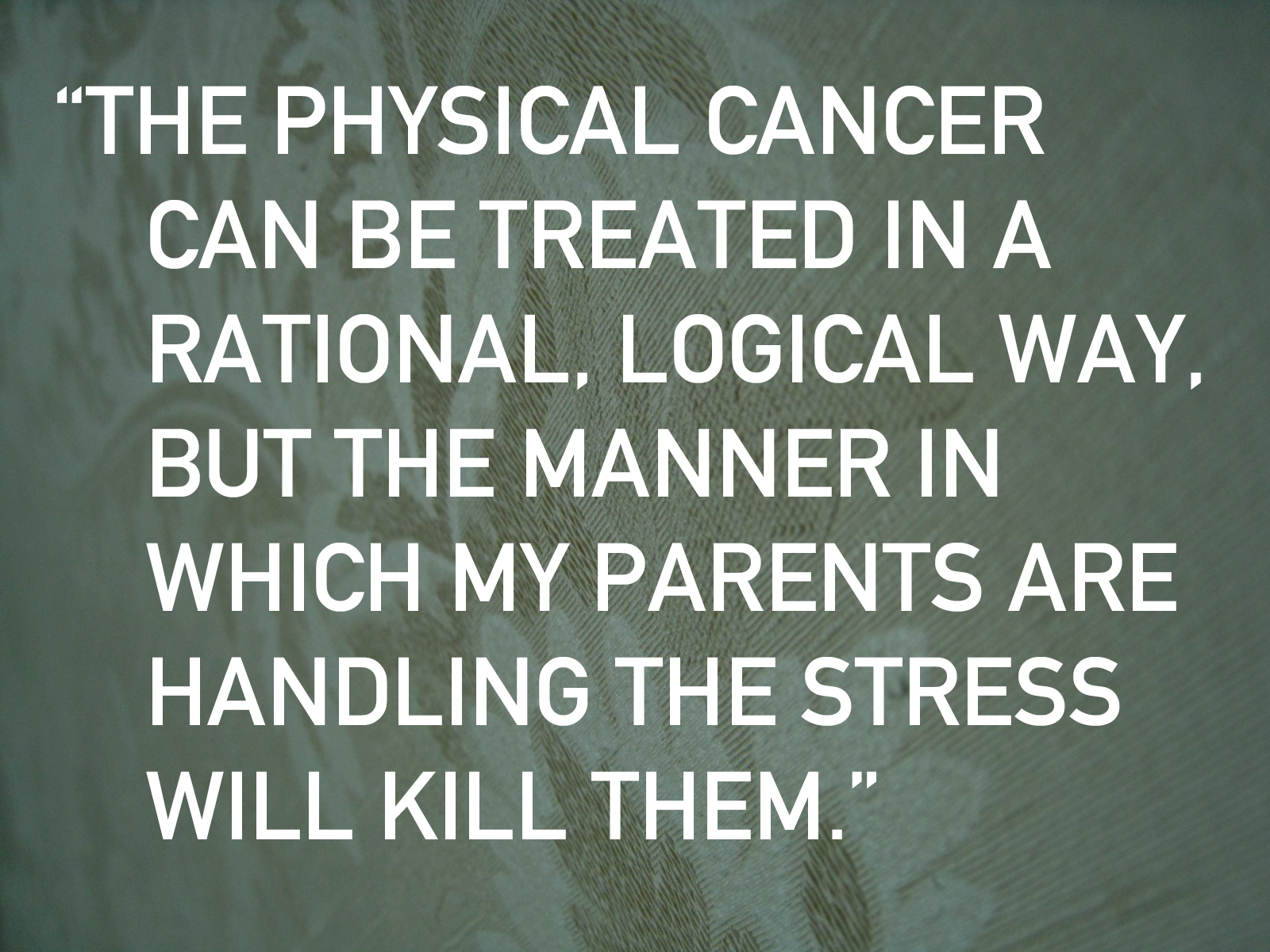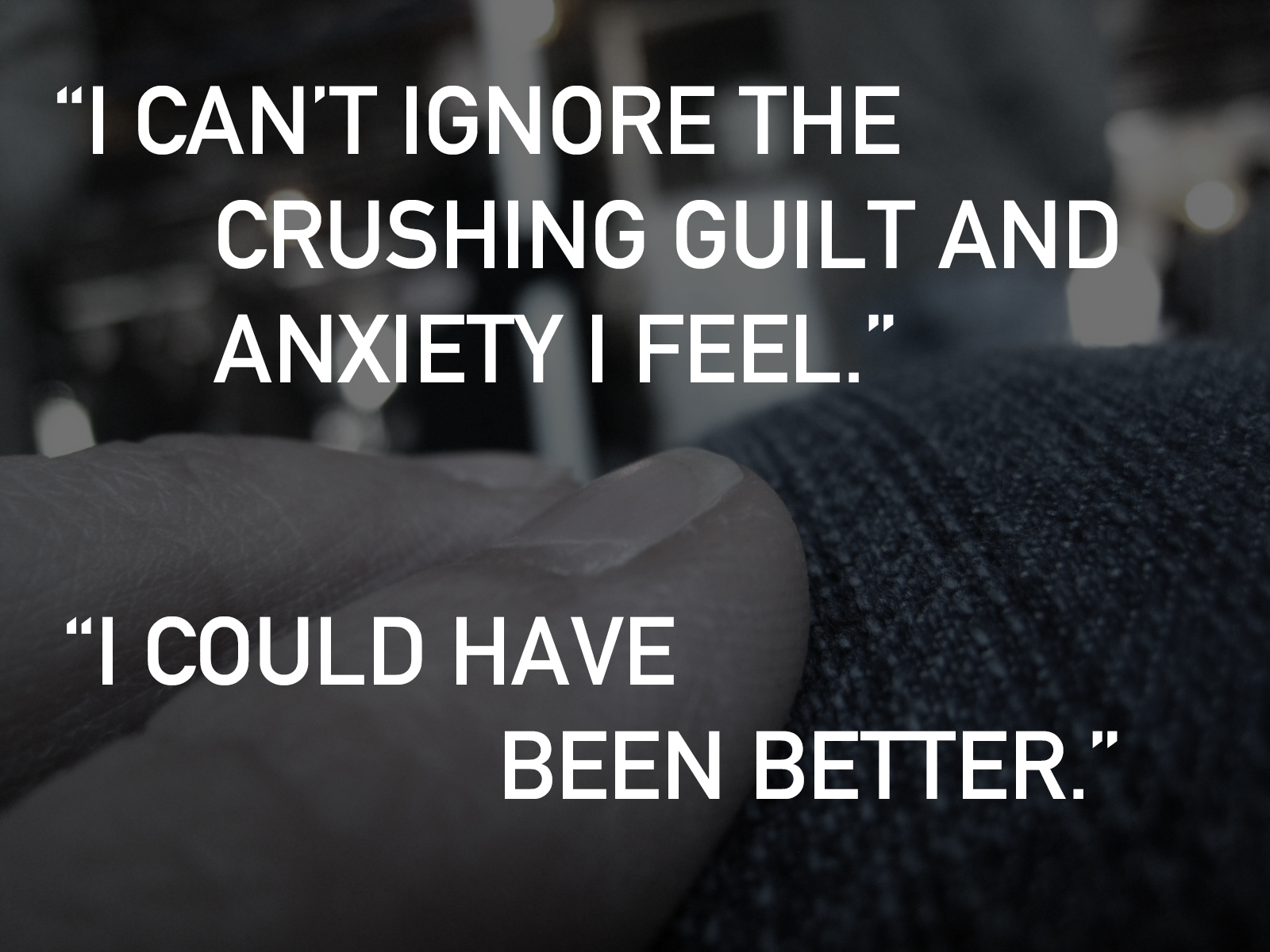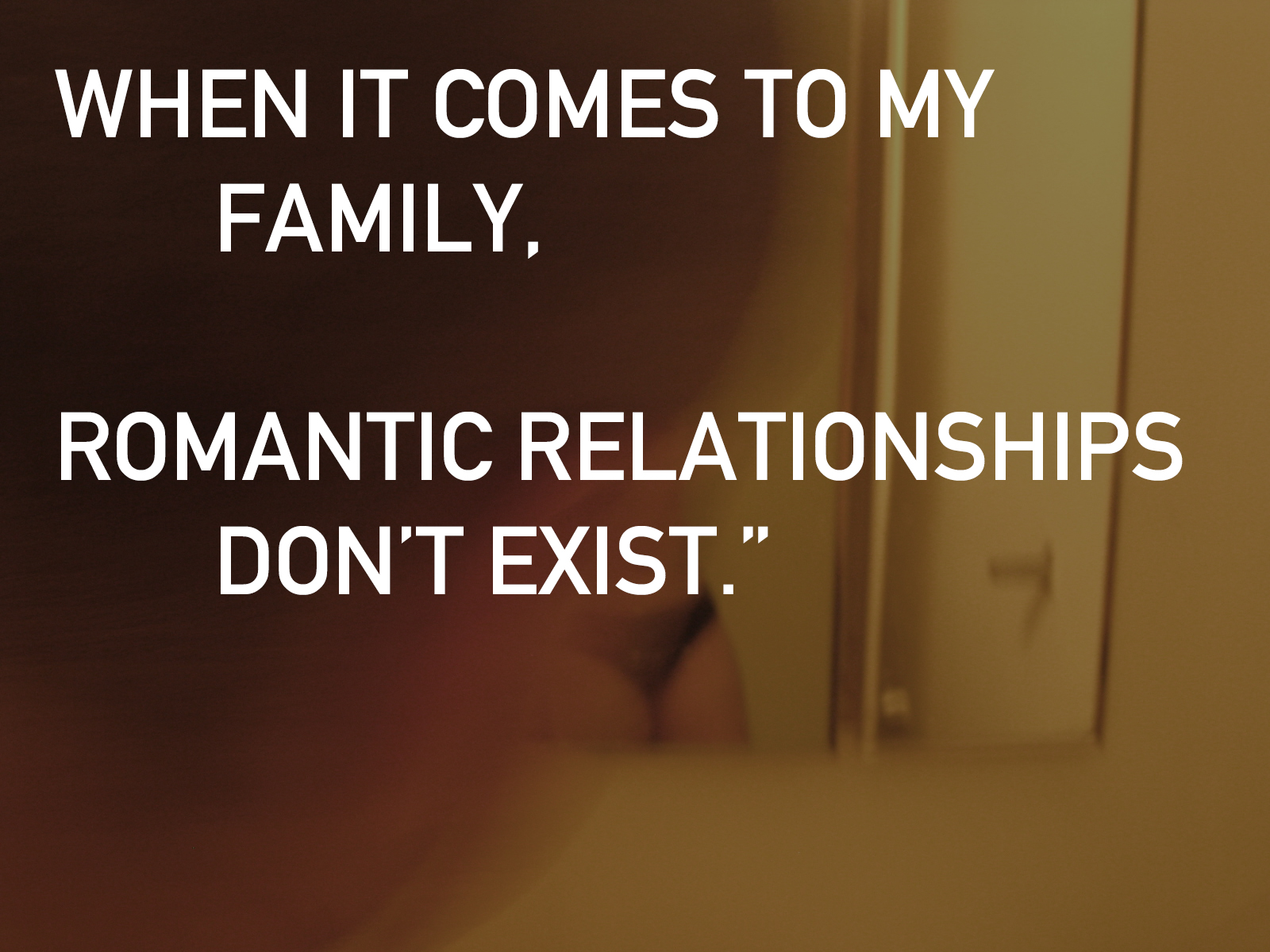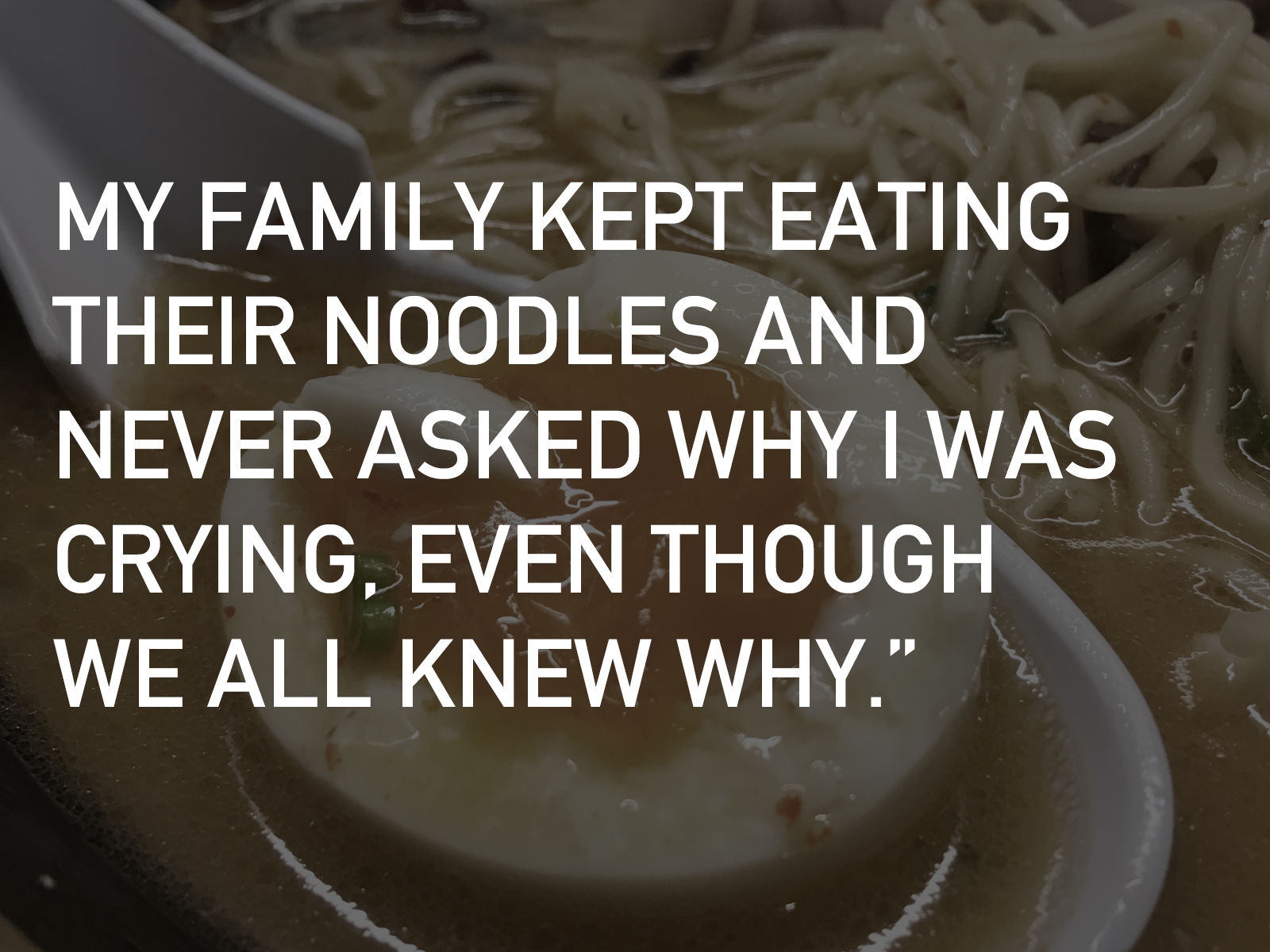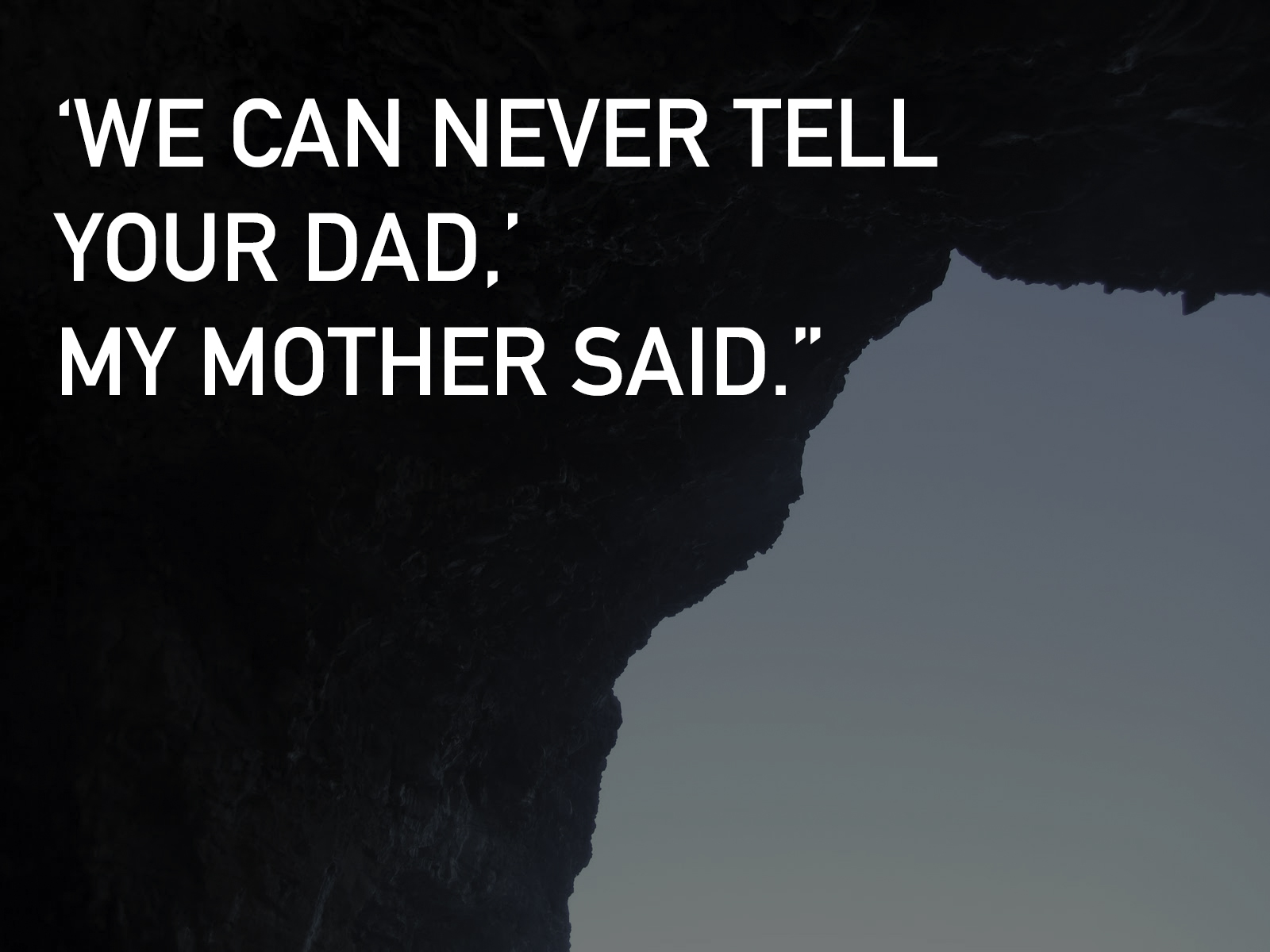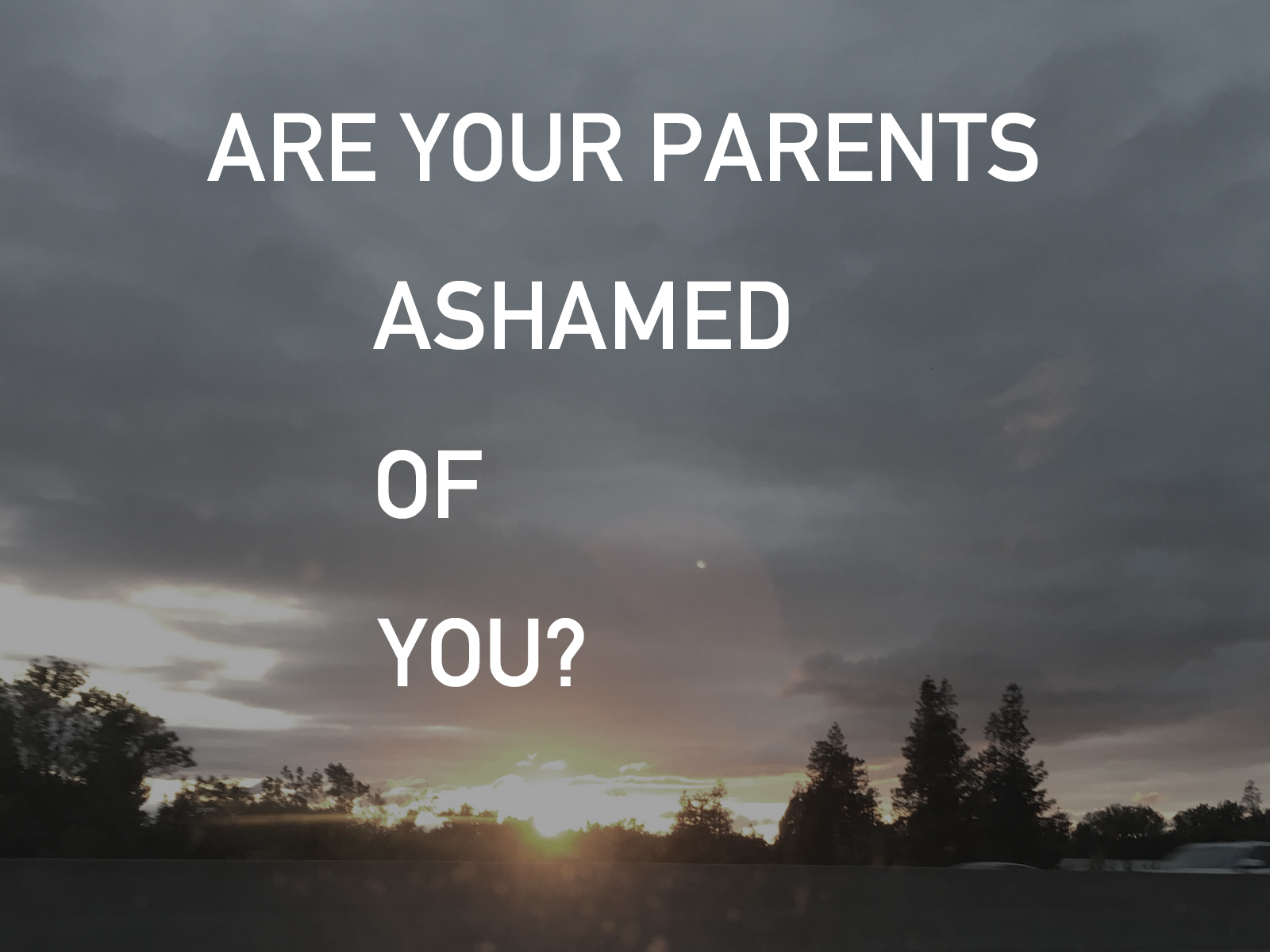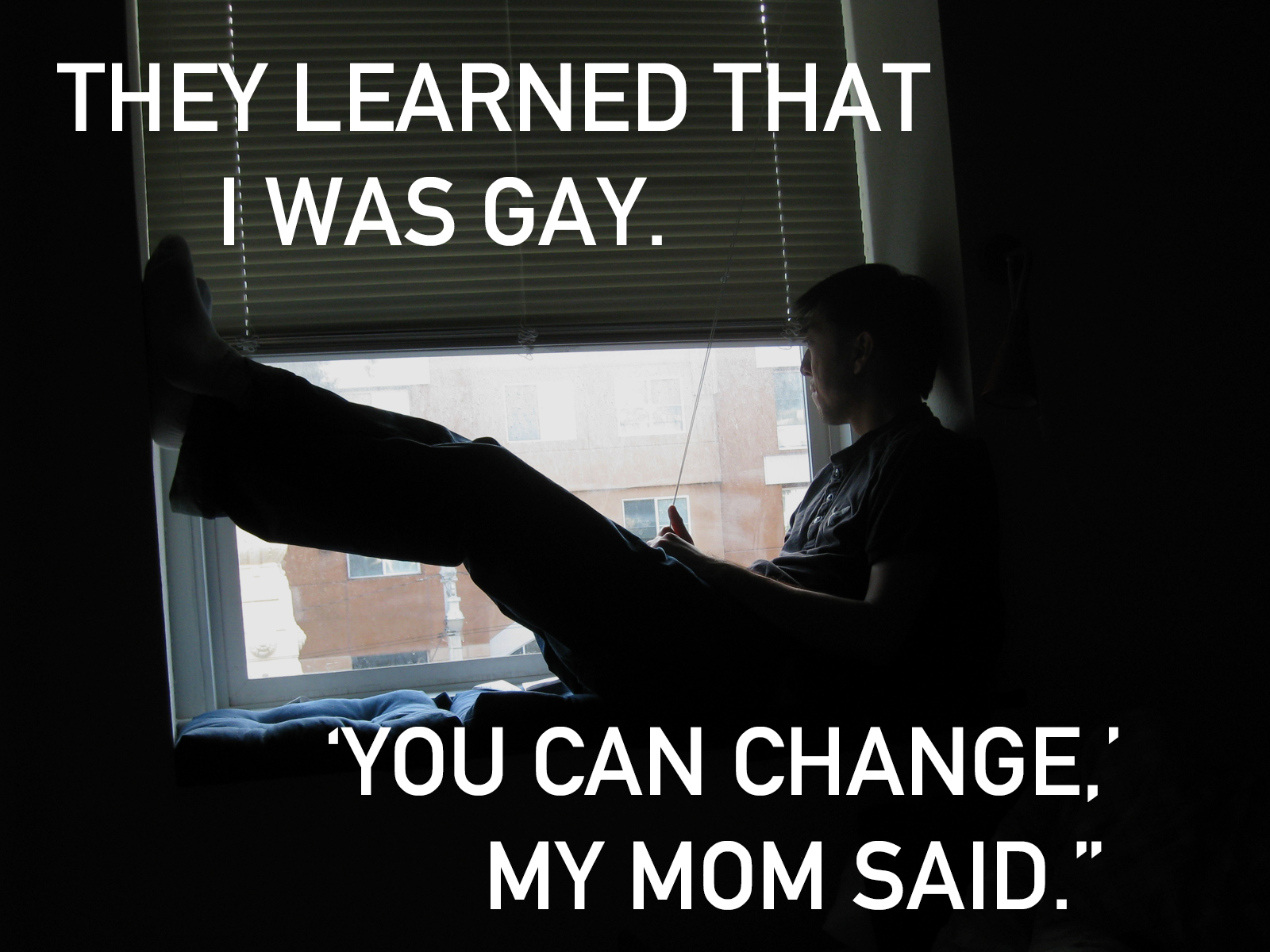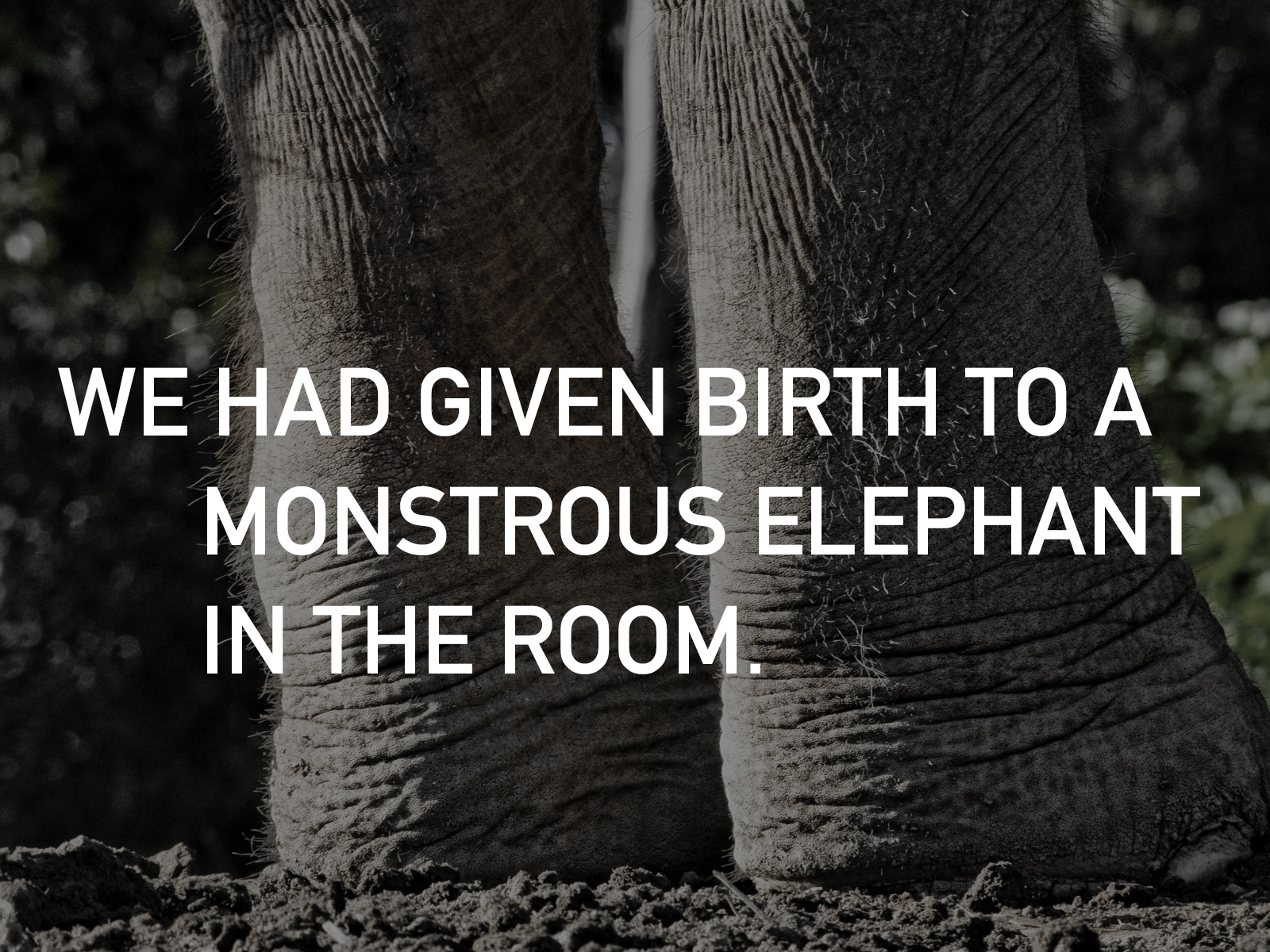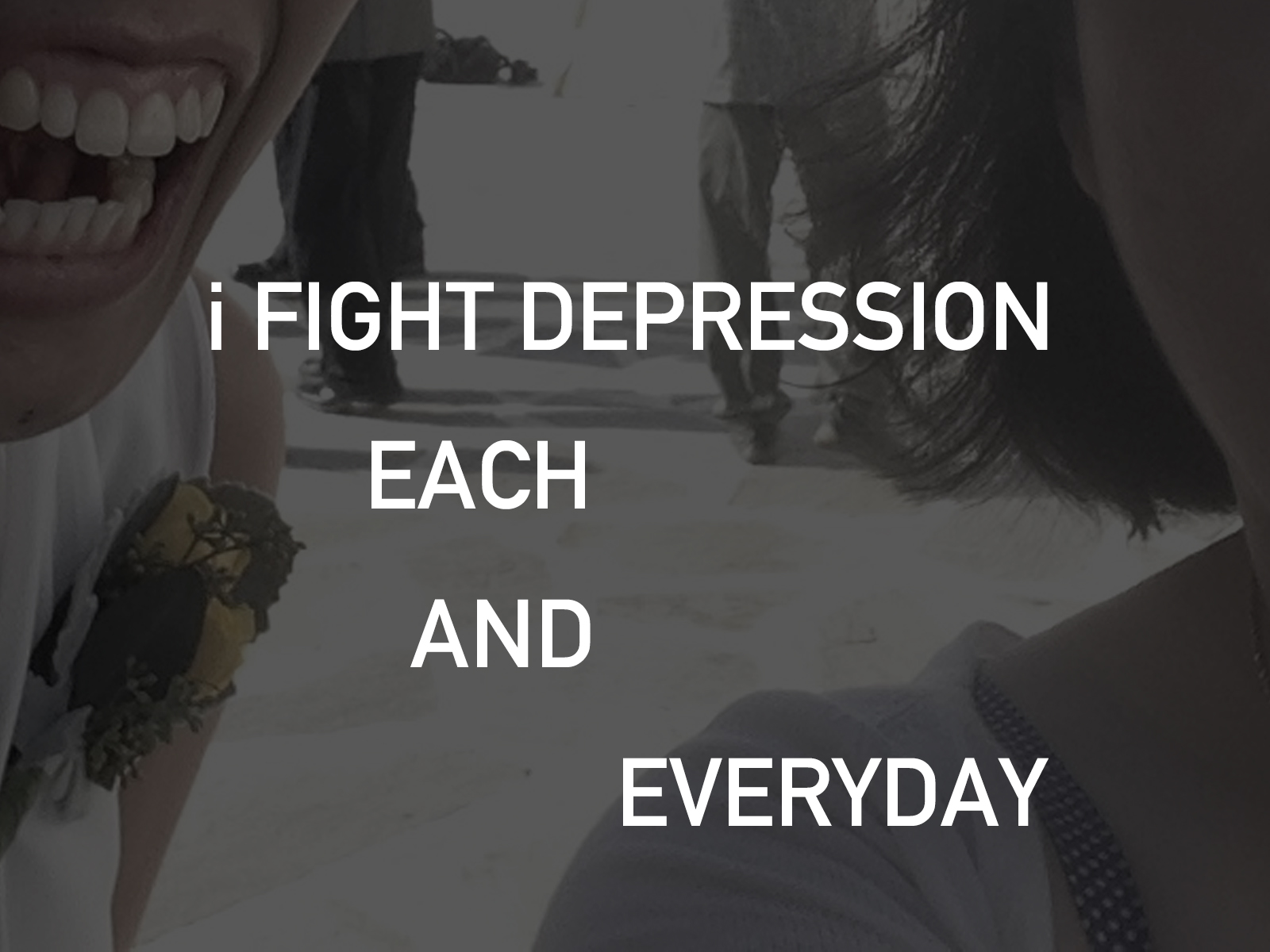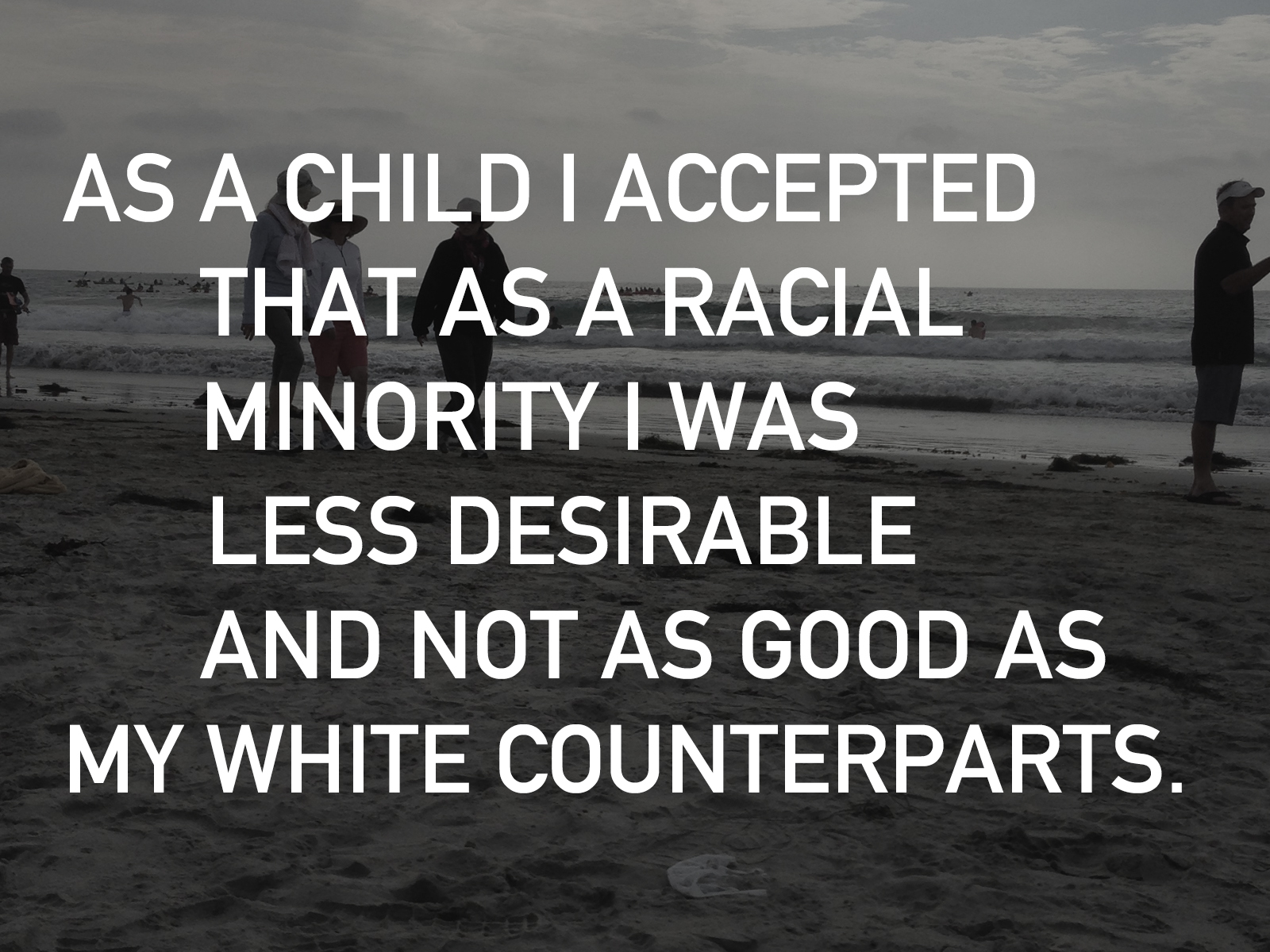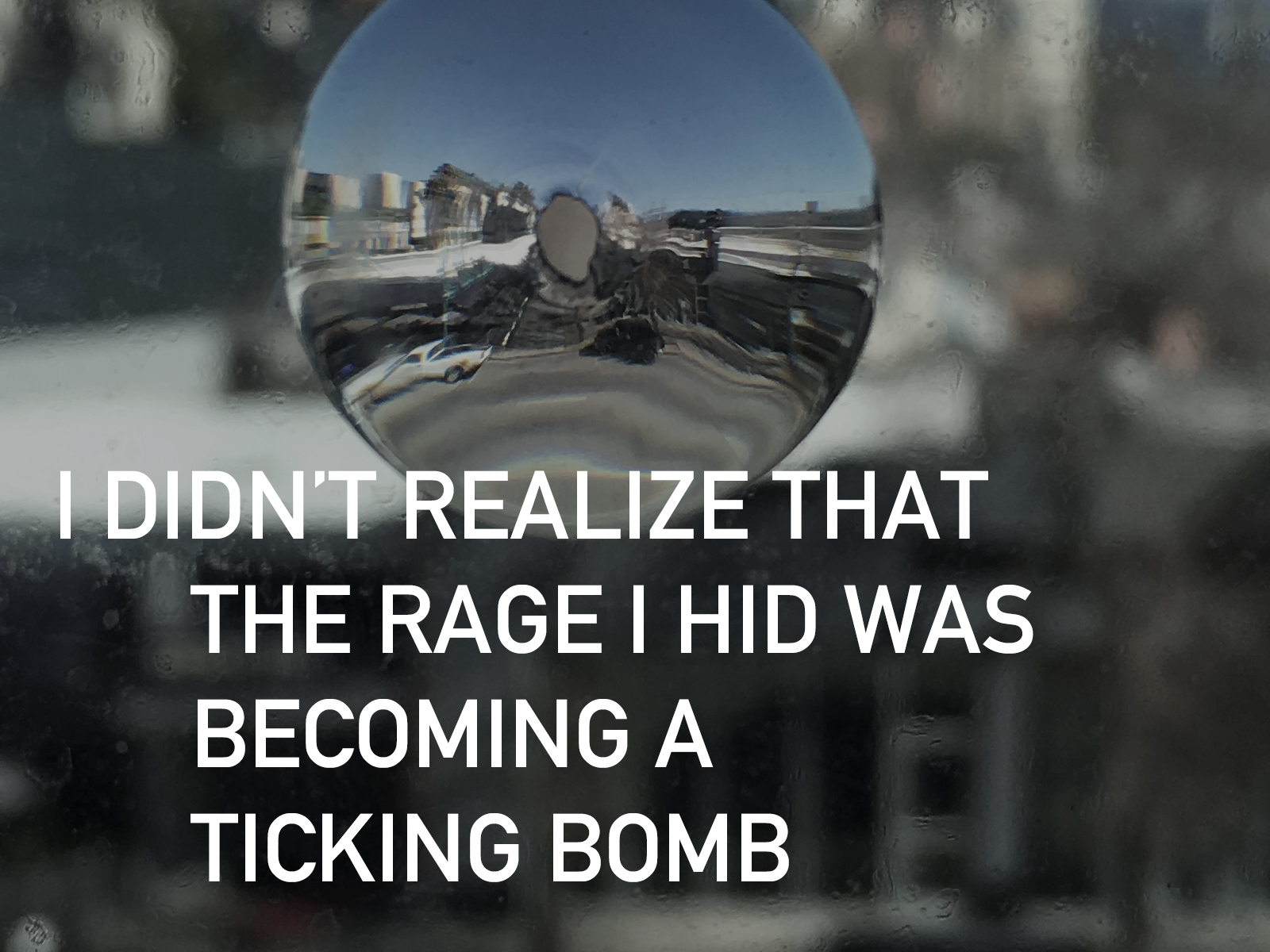I’m sitting under a darkening sky with my dad, on a lawn, as the California Philharmonic plays its way through an evening show under the stars. As the pink of the sun recedes westward, the audience before us — shadowy heads against a magenta-bandshell backdrop — melts into a mass of black.
Ahead of us, Rossini’s music pirouettes in the cool evening air. Behind and around us, crickets. The mind wanders in moments like this. In spite of the orchestra’s aural glow and the sawing of nocturnal insects, or perhaps because of them, the silence of the audience looms large — larger than the performance itself maybe.
It might be perfect. Silence is an art my family owns, an implement sharpened to suit many tasks. On this particular night, it’s comfort, a piece of furniture solid and seldom moved. My dad and I have found a spot in the grass behind the crowd, and have settled down.
My parents are homebodies, and this trip to the Festival on the Green was a bit of a lark. We didn’t have tickets, and my dad was somewhat surprised to find the parking lot to the Arboretum full minutes before the show. (We made it in anyhow.) The event hummed with novelty, and that made this night special. Really, even as we exchanged our sparse small talk — my dad talking, mostly, while I mmm’d — we are probably as close as we’ve ever been. By that I mean we are bound tonight, as we always have been, by a kind of dusty silence.
Silence — you’ll bear with me as my mind wanders from the swell of oboes before us — is a lot like the dark. The dark that envelopes us at this very moment, in fact, in the lush void. Silence and darkness are funny. That axiom of logic, that you can’t prove a negative, is true, isn’t it? It only takes one example to prove that something exists, that it happens, but you could go a hundred years in the absence of something, and never prove that it doesn’t exist.
That’s the darkness. In the dark, in the silence you float. Nothing to hold on to.
⁓
When I was 20, an age that was years before I’d ever imagined I’d come out to my parents, my mom and dad made a rare visit to me at college to confront me with a cruel discovery they made while looking through my browser history. They learned that I was gay. I’d known the sad fact then for seven years already — upon my sudden realization at 13 I’d decided in the most flip manner to file the fact away, to be dealt with sometime far away in the future. In that way, my outward silence kept my world kempt. That world, on that day my parents came to visit me, crumbled.
It was a world in which I was the family’s elder son, the straight A student, the standard bearer. Being gay didn’t really bother me — it never ruined anything. But being openly gay did, then.
“You can change,” my mom, getting frantic then, said, trying to reassure herself maybe. “No. I can’t,” I responded through tears.
I went through the next few days at school shell-shocked and ashen, not knowing quite how I was putting one foot in front of the next. It seemed rather remarkable that each day proceeded one into the next, as if the universe wouldn’t maybe swerve to avoid an obstacle, then flip over two or three times before exploding in a fiery ball of melodramatic tragedy.
One day, between classes, my mom called. She told me that we would get through this, that they loved me. I shouldn’t do anything rash, she said subtly. My dad emailed me. I am their son, he wrote, and he understood I kept this a secret for so long for their sakes. So I wouldn’t hurt them. He loved me as always, he concluded. I read his email through tears.
⁓
That was eight years ago now, longer ago than the length of time I’d kept secret the fact of my being gay. We don’t really acknowledge it anymore. My parents have met the guys I have dated, but in between those paltry, awkward moments, it seems more like they would prefer not to think of it at all. This has become the new silence, a weird armistice, one that I’ve chosen again not to engage out of sheer convenience.
It’s tempting to think of these silences as a gaping darkness, gnawing cavities within us. I don’t know.
I gaze upward into the purple sky and notice, against it, the black silhouette of an oak tree’s sprawling canopy. Under the sliver of a moon, the ethereal piping of the orchestra into the night sky, this tree — a congested mass of dark leaves and branches— suddenly seems like the most substantial thing there. I imagine it as unthinkably heavy, and notice with some satisfaction its musty smell. This oak tree is, in this light, unseeable, but irrefutably there.
Darkness, I’m thinking now, doesn’t have to be a black hole. It can be an oak tree — strong, if stoic, holding up the night sky. Maybe silence can be the same sometimes.
My reverie ends with the show. In the dark, slowly and carefully, we shuffle toward the parking lot.
“That was really something, wasn’t it?” says my dad.
“Yeah. It was.”
WA


